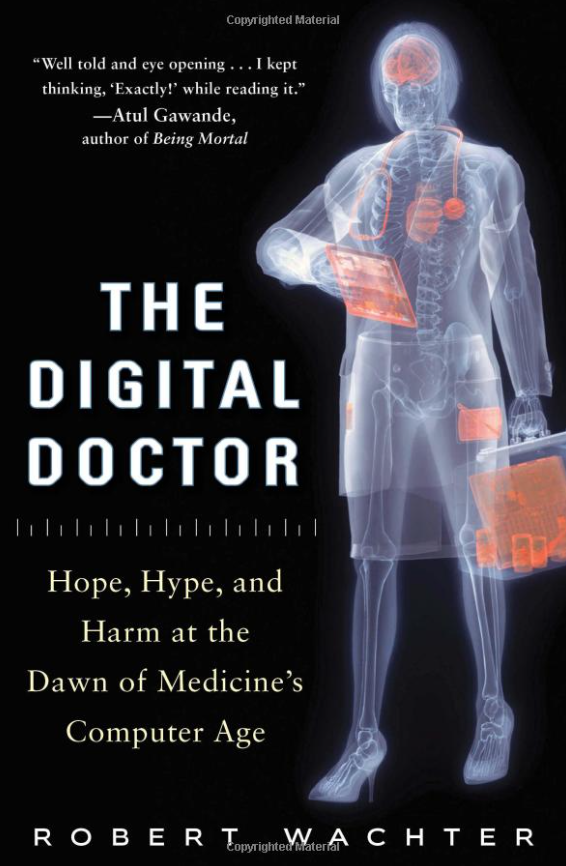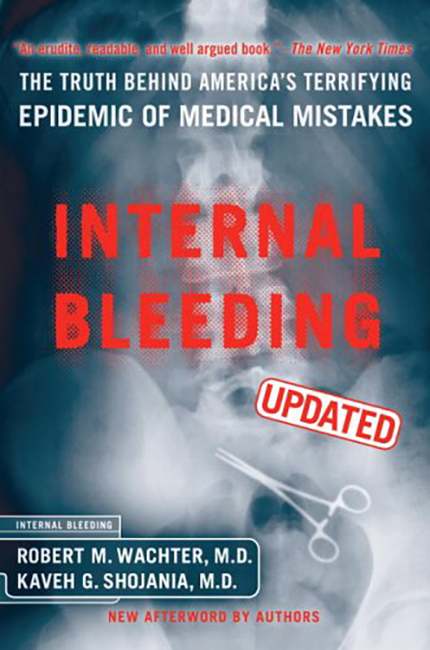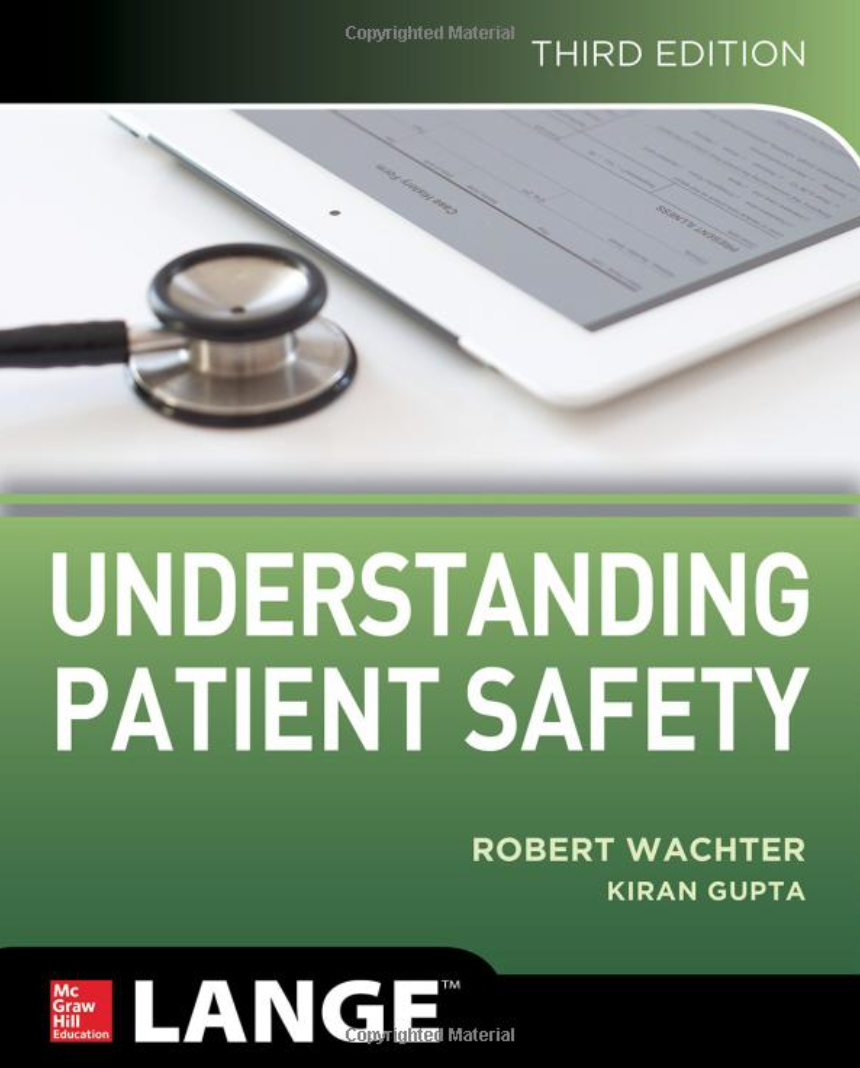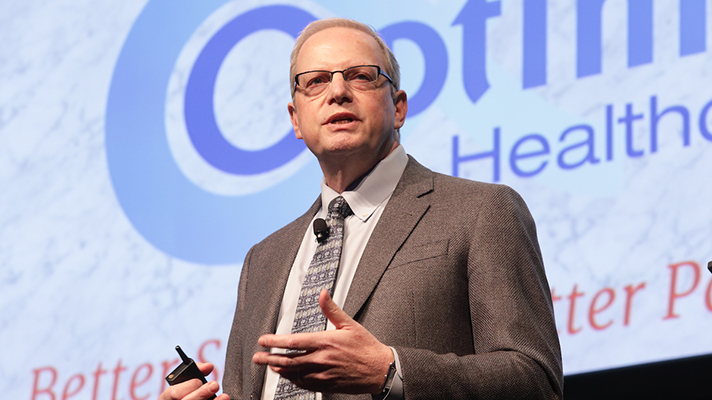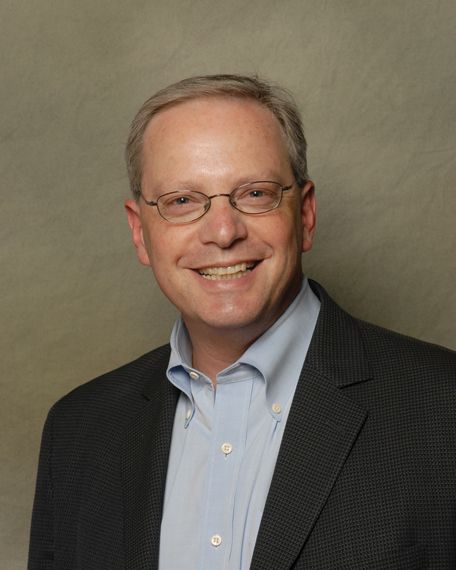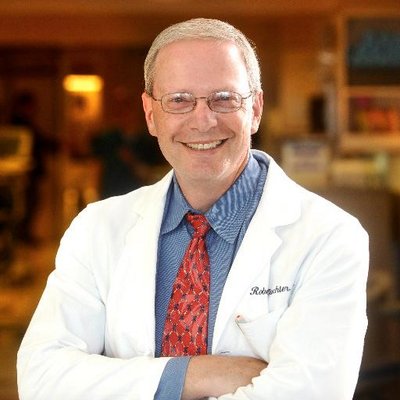Biography
Robert Wachter, MD is professor and chair of the Department of Medicine at the University of California, San Francisco (UCSF); in 2021, the department was ranked the best in the nation by US News & World Report.
Wachter is author of 300 articles and six books, including the New York Times science bestseller, The Digital Doctor: Hope, Hype and Harm at the Dawn of Medicine’s Computer Age. He coined the term “hospitalist” in 1996 and is often considered the “father” of the hospitalist field, the fastest growing specialty in the history of modern medicine. He is past president of the Society of Hospital Medicine, past chair of the American Board of Internal Medicine, and an elected member of the National Academy of Medicine.
In 2015, Modern Healthcare magazine ranked him as the most influential physician-executive in the U.S. In 2020-22, his tweets on Covid-19 were viewed more than 400 million times by 260,000 followers and served as a trusted source of information on the clinical, public health, and policy issues surrounding the pandemic.
He has made scores of media appearances, including on Fresh Air, All Things Considered, the Rachel Maddow Show, Fareed Zakaria GPS, and Pod Save America, and has been quoted hundreds of times in publications that include the Wall Street Journal, Washington Post, and the New York Times. He has advised many companies on their digital strategy, including Google and Teladoc. With his leadership roles in academia, hospital medicine, quality and patient safety, digital health, and Covid, Wachter is often sought after for his dynamic, thoughtful, accessible, and humorous takes on healthcare’s current state and its future opportunities and challenges.
Videos
Medicine Grand Rounds: "Healthcare’s Digital Revolution: (Finally) A Time for Optimism" 3/9/21
Will Artificial Intelligence Replace Doctors?
Speech TopicsExpand each topic to learn more
Everyone had high hopes computers would be the magic bullet to improve the safety, quality and efficiency of healthcare. In the past five years – catalyzed by a $30 billion federal incentive program – medicine has finally, reluctantly, gone digital. Drawing from personal experiences and real-life case examples, Dr. Wachter explores some of the unforeseen consequences of information technology – including the movement to hire scribes so doctors and patients can look each other in the eye again, alert fatigue, and the tendency for clinicians to defer to a new kind of authority (an electronic one) – and discusses proposed solutions. He also touches on core issues in medicine, such as what it means to be a doctor – and patient – in the digital age, the theme of his recently published book of the same title (April 2015).
If there’s one thing most people inside and outside of healthcare can agree on, it’s that the American healthcare system is broken and must be fixed. Dr. Wachter reviews the brief history of the quality and safety movements, the new push for “value” (quality + safety + patient satisfaction divided by cost), and how all of these levers (accreditation, regulation, transparency, payment changes) are combining to create unprecedented pressure on caregivers and delivery organizations to change their ways of doing business. But for all of the pain, there is also hope: attendees will gain a deep understanding of healthcare’s evolving landscape and a roadmap (and some optimism) for success in this new world.
The title is a riff of a famous Seinfeld episode, one in which Jerry convinces his hapless friend George to try the opposite of his every instinct, but the topic has serious implications for physicians. In healthcare, physicians have been taught to be individualistic, to think about individual patients versus systems, to look outside their institution for answers, and not to consider resource allocation tradeoffs. Dr. Wachter talks about the imperative to move in new directions and provides some cautionary notes about what may be lost if the pendulum swings too far.
Dr. Wachter coined the term “hospitalist” in the New England Journal of Medicine in 1996. He describes the forces driving the growth of the field – the fastest-growing specialty in the history of medicine – and what’s to come. He also uses the case of hospitalists to discuss some key issues in healthcare innovation and change management.
Blog Posts
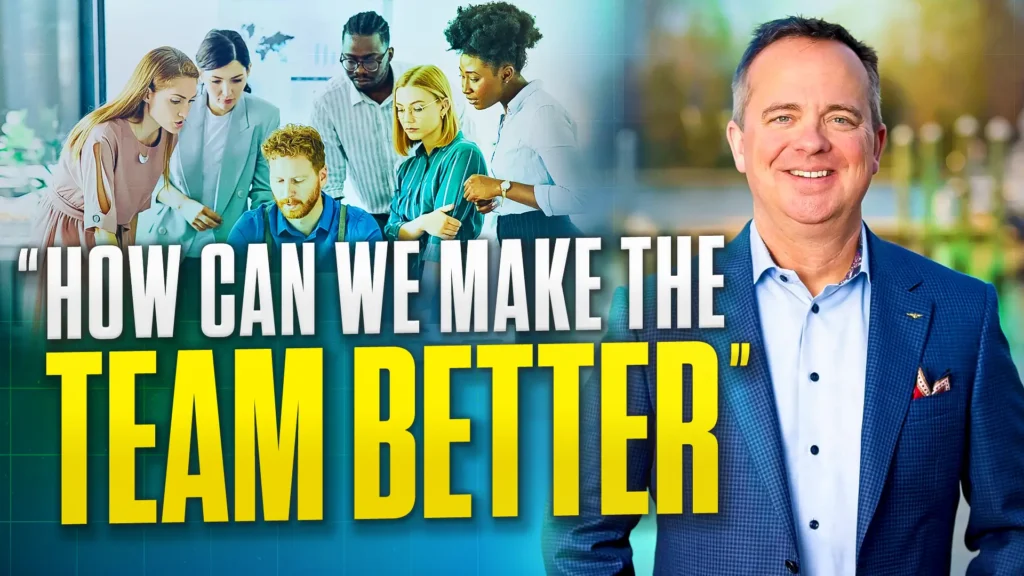
Confidence Without Vulnerability Creates Teams That Never Improve
Can ego and vulnerability coexist in teams that actually win? Most leaders think they have to choose. Either you build confident people who believe they're excellent, or you create humble people who accept feedback. Either...
Read More
Financial Planning in 2026 Requires a Clear Strategy
Have you noticed that the internet has never given more financial planning advice than it does right now? That's actually the problem. Your feed has become a 24/7 trading floor of hot takes. "Buy this."...
Read More
Crisis Leadership Lessons from September 11 Reveal Everyday Resilience
What if the most powerful crisis leadership lesson from September 11 isn't about the decisions made in underground bunkers, but about the farmers, truckers, teachers, and everyday workers who make heroic responses possible? After sharing...
Read More
Best Artificial Intelligence Speakers for Cybersecurity Conferences (2026 Guide)
Quick Links Artificial Intelligence Speakers Healthcare Keynote Speakers Top Technology Speakers Innovation Speakers Leadership Speakers Future of Work Speakers Get Proposal (availability & fees) If you’re searching for the Best Artificial Intelligence Speakers for Cybersecurity...
Read More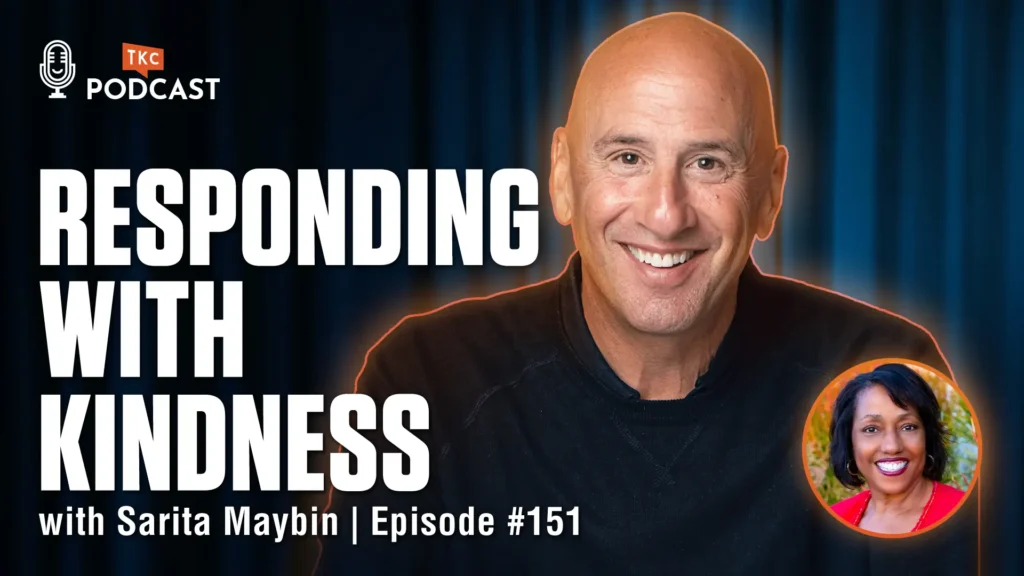
Communication Strategies from Sarita Maybin that Transform Workplace Conflict Into Collaboration
Why Your Team's Real Problem Isn't Strategy—It's Communication When was the last time a workplace conversation went sideways, not because of what was said, but how it was delivered? Most organizations pour resources into strategic...
Read More
The 2026 Keynote Speaker Lineup That Creates Real Momentum
If you're looking for a sign to power start your 2026, here it is: this is the year you stop negotiating with your potential. January arrives packed with goals, spreadsheets, and ambitious plans. However, goals...
Read MoreRelated Artificial Intelligence Speakers
Get in TouchContact US
Fill out the form so we can best understand your needs.
A representative from The Keynote Curators will reach out to you.

